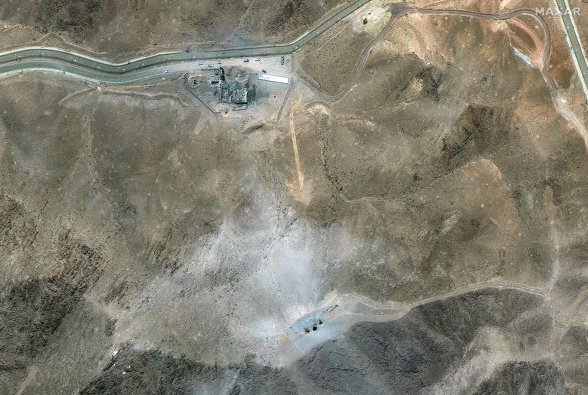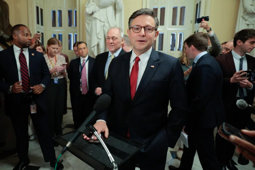
GOP Senators Dispute Leaked Iran Strike Intelligence
Republican senators dispute leaked intelligence on Iran strike, claiming true damage was significant and media reports were misleading.
Senators Challenge Media Narrative on Iran Strikes
Leading Republican senators are pushing back against recent media reports and leaked intelligence that downplayed the impact of U.S. airstrikes authorized by President Donald Trump against Iran’s nuclear facilities. The senators, speaking after a classified intelligence briefing, argued that the leaks were both inaccurate and politically motivated, misrepresenting the true extent of the operation’s success.
Senator Ted Cruz, R-Texas, asserted that “the leaked intelligence report was not accurate,” noting the scale of the attack: “Given the 14 bunker-buster bombs that were dropped on the Iranian nuclear weapons facility, I think that the clear evidence is the damage was overwhelming.” Cruz further suggested a deliberate political agenda behind the widespread coverage of the initial report.
Mainstream outlets had reported, citing unnamed defense sources, that the U.S. strikes on facilities in Fordow, Natanz, and Isfahan only delayed Iran’s nuclear program by months rather than years. This view was publicly challenged by Trump and Secretary of Defense Pete Hegseth during a NATO press conference, where Trump read a statement from the Israeli Atomic Energy Commission declaring the strikes had rendered Fordow “totally inoperable” and set back Iran’s nuclear ambitions for “many years to come.”
Classified Briefings and Political Reactions
Senators received further details in a closed-door intelligence session with top national security officials. Senator Josh Hawley, R-Mo., dismissed the leaked intelligence as a preliminary, incomplete assessment, stating that it was “not an accurate picture” and criticizing media outlets for what he described as bad faith reporting intended to “undermine Trump.”
Not all Democratic senators agreed on the strike’s legitimacy or impact. Senator Jeanne Shaheen, D-N.H., voiced cautious approval: “I think Iran should not have a nuclear weapon. Hopefully, this has set back that program dramatically. And ultimately, we will see them go to the negotiating table, because that’s the real long-term solution.” She characterized the strike as “limited, contained,” and effective based on initial reports.
Other Democrats maintained their opposition. Senator Chris Van Hollen, D-Md., reiterated his belief that the strikes were a “clear violation of our Constitution” and that Trump was “betraying Americans by embroiling the United States directly in this conflict.” Senator Tim Kaine, D-Va., said the classified briefing had not altered his position but declined further comment.
Senator Chris Coons, D-Del., was more reserved, stating, “We do not yet have a full and complete picture of exactly what capabilities were degraded or destroyed and what additional risks we may face or what decisions the Iranian regime may make.”
The episode underscores the ongoing partisan divide over presidential war powers, intelligence reporting, and the future of Iran’s nuclear ambitions. As classified analysis continues and further international responses emerge, the true impact of the U.S. strikes—and the political fallout in Washington—remains a focus of close scrutiny.






